Physiology, the study of how the human body functions, is a fundamental subject for first-year medical students.
To excel in this field, students need textbooks that offer comprehensive coverage, clear explanations, and clinical relevance.
In this comprehensive guide, we’ll explore the top 15 physiology textbooks, providing detailed insights into each one.
Additionally, we’ll offer study tips to help you make the most of these resources.
Read a detailed post on HOW TO STUDY FOR PHYSIOLOGY EXAM?
Table of Contents
Toggle1. "Guyton and Hall Textbook of Medical Physiology" by John E. Hall
Specialty: Comprehensive coverage of medical physiology.
Study Tip: Use it as your primary reference. Focus on understanding concepts and utilize clinical correlation sections for real-life medical scenarios.
The “Guyton and Hall Textbook of Medical Physiology” is a cornerstone resource for medical students.
Known for its comprehensive coverage, this textbook delves into the complexities of human physiology.
It excels in presenting complex topics in a clear and accessible manner.
The clinical correlation sections are especially valuable, as they bridge the gap between physiology and real-world medical practice.
2. "Vander's Human Physiology" by Eric P. Widmaier, Hershel Raff, and Kevin T. Strang
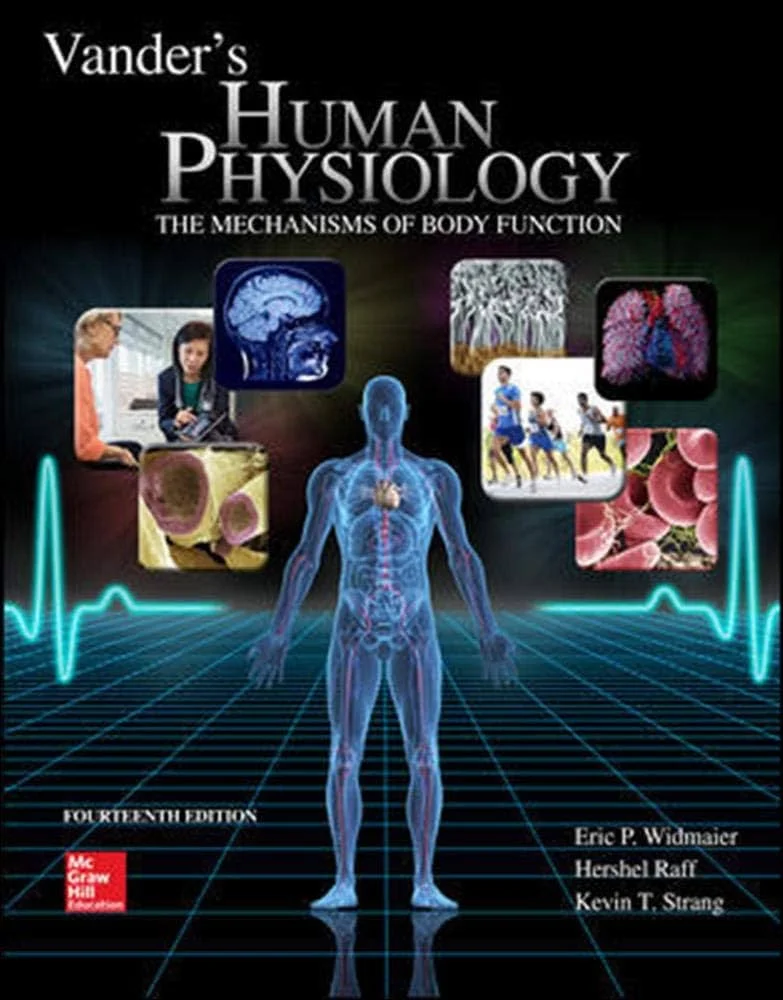
Specialty: In-depth coverage of human physiology.
Study Tip: Visualize complex physiological processes with the help of clear explanations and diagrams.
“Vander’s Human Physiology” is a top choice for students seeking an in-depth exploration of human physiology.
It stands out for its clear explanations and abundant diagrams that help students visualize complex physiological processes.
Whether you’re studying cellular functions or systemic physiology, this textbook provides a solid foundation.
3. "Medical Physiology" by Walter F. Boron and Emile L. Boulpaep
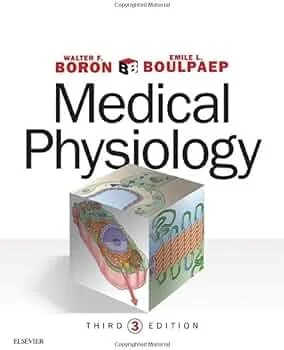
Specialty: Emphasis on cellular and molecular physiology.
Study Tip: Dive deep into cellular functions by paying attention to molecular mechanisms.
“Medical Physiology” is ideal for those who want to explore the intricacies of cellular and molecular physiology.
It offers a comprehensive look at the molecular mechanisms that underlie physiological processes.
This textbook is especially valuable for students interested in the cellular basis of health and disease.
4. "Berne & Levy Physiology" by Bruce M. Koeppen and Bruce A. Stanton
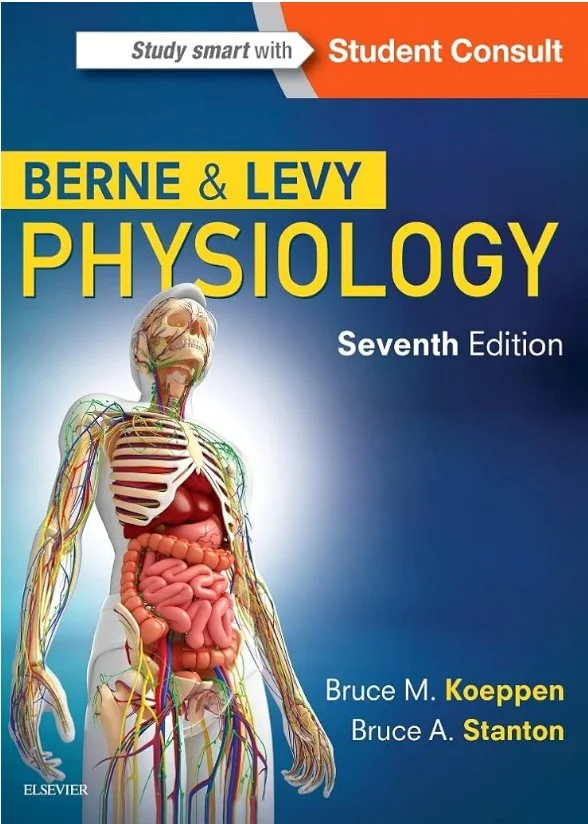
Specialty: Integrative physiology with clinical relevance.
Study Tip: Apply your knowledge and test your understanding using clinical cases.
“Berne & Levy Physiology” takes an integrative approach to physiology.
It not only covers physiological concepts but also emphasizes their clinical relevance.
This textbook includes clinical cases that challenge students to apply their knowledge in real-world scenarios, making it an excellent choice for those interested in clinical medicine.
5. "Physiology" by Linda S. Costanzo
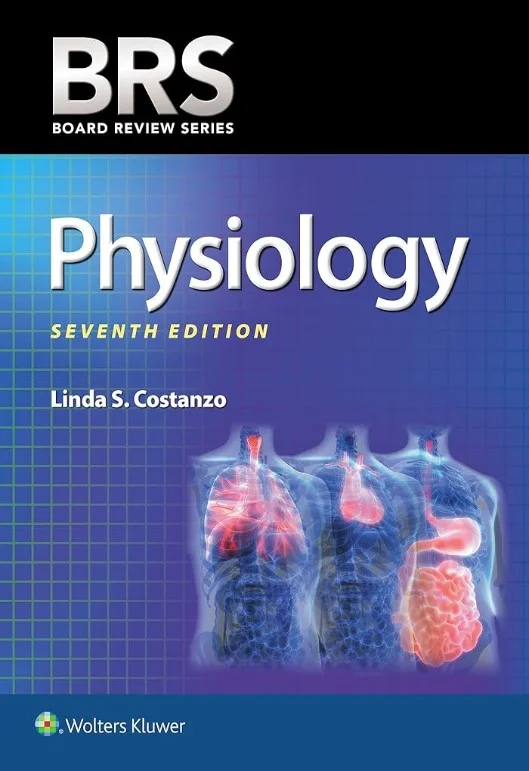
Specialty: Concise and easy-to-understand explanations.
Study Tip: Ideal for quick review and grasping core concepts.
Linda S. Costanzo’s “Physiology” is known for its concise and straightforward explanations.
It’s an excellent resource for students who want to grasp core physiological concepts quickly.
This textbook is particularly valuable for last-minute reviews before exams.
6. "Essentials of Medical Physiology" by Sembulingam & Prema
Specialty: Simplified explanations for beginners.
Study Tip: Build a strong foundation before moving on to more detailed texts.
“Essentials of Medical Physiology” is a great starting point for beginners.
It provides simplified explanations, making it easier for students to understand fundamental physiological concepts.
It’s an excellent choice for those who want to build a strong foundation before diving into more detailed textbooks.
7. "Textbook of Physiology" by A.K. Jain
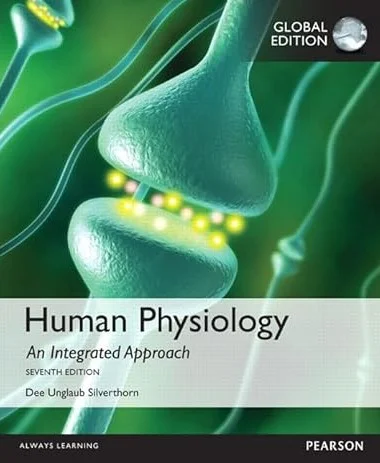
Specialty: Comprehensive coverage of all aspects of physiology.
Study Tip: Use it as a comprehensive resource for in-depth study.
“A.K. Jain’s Textbook of Physiology” offers comprehensive coverage of all aspects of physiology.
It’s a valuable resource for students who want to explore each topic in-depth.
With its detailed explanations and extensive content, it serves as a reliable reference for a thorough understanding of physiology.
8. "Review of Medical Physiology" by William F. Ganong
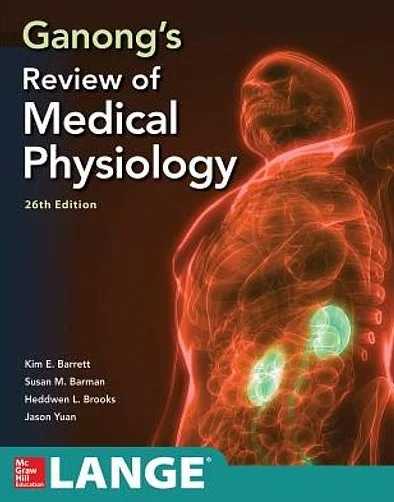
Specialty: High-yield content for exam preparation.
Study Tip: Excellent for quick revision and exam preparation.
“Review of Medical Physiology” by William F. Ganong is a go-to resource for exam preparation.
It provides high-yield content that’s crucial for acing physiology exams.
If you’re looking for a textbook to aid in quick revisions and exam readiness, this one is a top choice.
9. "Physiology at a Glance" by Jeremy P.T. Ward and Roger W.A. Linden
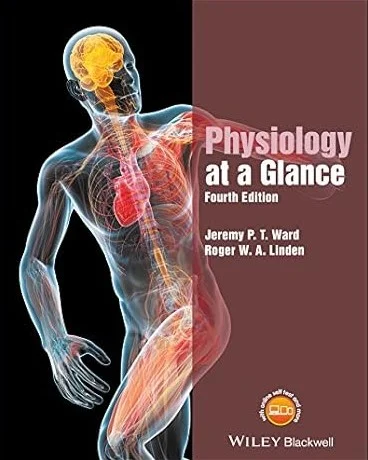
Specialty: Visual and concise format.
Study Tip: Great for visual learners with diagrams and summaries.
“Physiology at a Glance” is designed with visual learners in mind.
Its concise format and abundant diagrams make complex physiological concepts more accessible.
If you prefer visual aids in your learning, this textbook is an excellent resource.
10. "Physiology: Prep Manual for Undergraduates" by Vijaya D Joshi
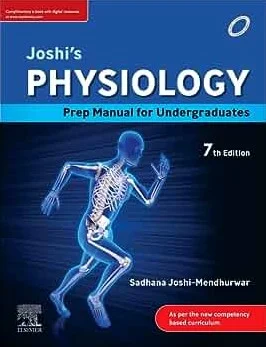
Specialty: Targeted for undergraduate students.
Study Tip: Provides simplified explanations suitable for early medical years.
“Physiology: Prep Manual for Undergraduates” is specifically tailored to the needs of undergraduate students.
It offers simplified explanations, making it suitable for those in the early years of medical school.
It’s a great choice for building a strong foundation.
11. "Human Physiology: An Integrated Approach" by Dee Unglaub Silverthorn

Specialty: Integration of systems physiology.
Study Tip: Focus on understanding connections between different physiological systems.
Dee Unglaub Silverthorn’s “Human Physiology: An Integrated Approach” places a strong emphasis on integrating different physiological systems.
It helps students understand how various systems work together to maintain overall health.
If you’re interested in the interconnectedness of physiological processes, this textbook is a valuable resource.
12. "Textbook of Medical Physiology" by Indu Khurana
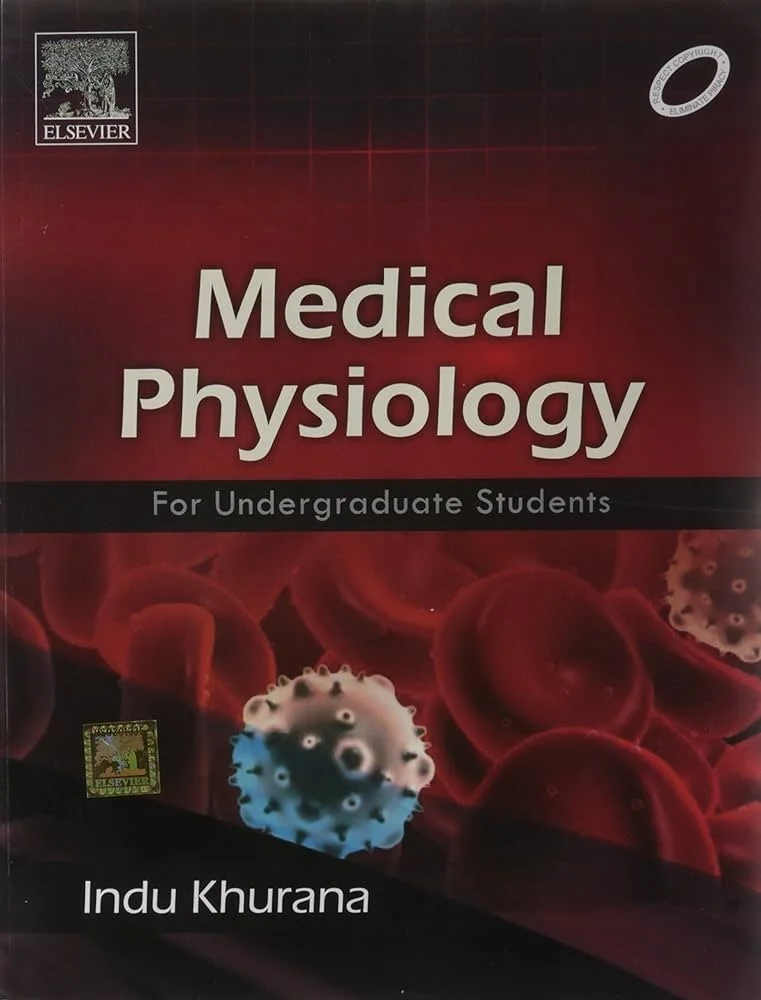
Specialty: Detailed explanations with clinical relevance.
Study Tip: Use clinical cases and questions for self-assessment.
“Textbook of Medical Physiology” by Indu Khurana offers detailed explanations, coupled with clinical relevance.
It’s an excellent resource for students who want to connect physiological concepts with clinical practice.
The included clinical cases and questions are valuable for self-assessment and reinforcing your knowledge.
13. "Human Physiology: From Cells to Systems" by Lauralee Sherwood
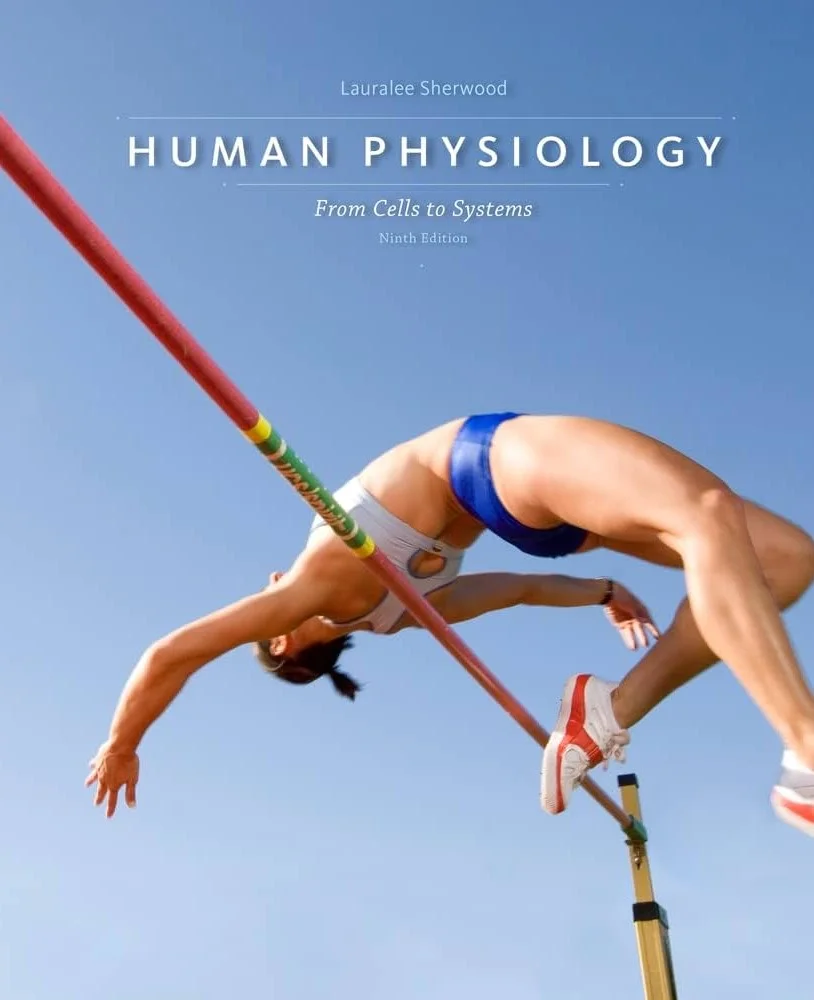
Specialty: Emphasis on cellular and systemic functions.
Study Tip: Understand how cellular processes contribute to overall system functioning.
Lauralee Sherwood’s “Human Physiology: From Cells to Systems” emphasizes both cellular and systemic functions.
It provides insights into how cellular processes contribute to the functioning of larger physiological systems.
This approach is valuable for students who want a deep understanding of the subject.
14. "Physiology: Cases and Problems" by Linda S. Costanzo
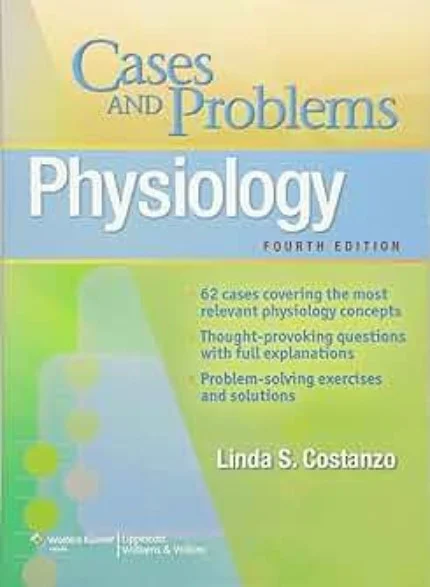
Specialty: Case-based learning for physiology.
Study Tip: Work through the cases to apply your knowledge and enhance problem-solving skills.
“Physiology: Cases and Problems” by Linda S. Costanzo takes a case-based approach to learning physiology.
It presents real-world scenarios and challenges students to apply their knowledge to solve physiological problems.
If you enjoy active learning and problem-solving, this textbook is an excellent choice.
15. "Anatomy & Physiology for Dummies" by Erin Odya and Maggie A. Norris
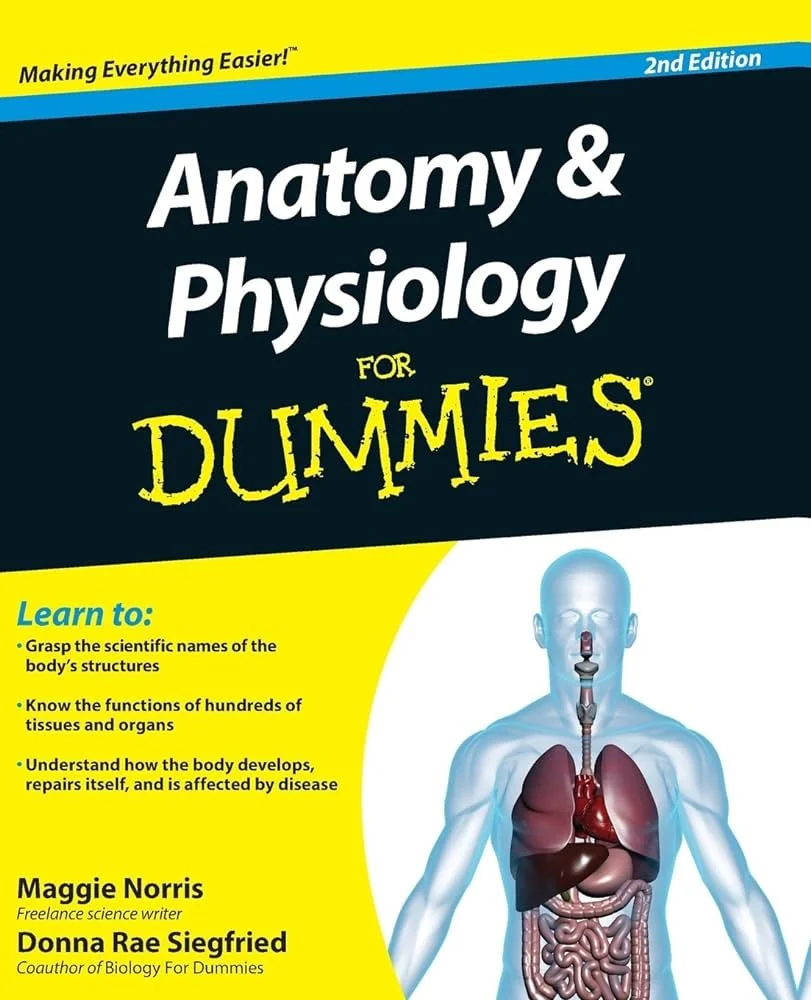
Specialty: Simplified physiology for beginners.
Study Tip: A friendly starting point for newcomers to physiology; use it to grasp basic concepts.
“Anatomy & Physiology for Dummies” is a beginner-friendly resource.
It simplifies complex physiological concepts, making them accessible to newcomers.
If you’re new to physiology or need a refresher on the basics, this book serves as a friendly starting point.
READ A DETAILED POST ON HOW TO STUDY FOR PHYSIOLOGY EXAMS? BY FOLLOWING THE LINK.
STUDY TIPS FOR USING PHYSIOLOGY TEXTBOOKS
- Start Early: Begin your physiology studies from day one to establish a strong foundation.
- Understand, Don’t Memorize: Focus on understanding concepts rather than rote memorization.
- Active Learning: Engage actively by taking notes, creating diagrams, and teaching concepts to others.
- Use Online Resources: Complement your learning with online resources, such as video lectures and interactive simulations.
- Practice Questions: Challenge yourself with practice questions and quizzes to reinforce your understanding.
- Group Study: Collaborate with peers for discussions and group study sessions for diverse perspectives.
- Clinical Relevance: Relate physiological concepts to real clinical scenarios to appreciate their practical applications.
- Regular Revision: Periodically revisit previously covered topics to consolidate your memory.
Frequently Asked Questions (FAQs)
Q1: Which physiology textbook is best for beginners?
A1: “Physiology: Prep Manual for Undergraduates” by Vijaya D Joshi is an excellent choice for beginners due to its simplified explanations.
Q2: What’s the ideal textbook for quick revision?
A2: “Review of Medical Physiology” by William F. Ganong is excellent for quick revisions and exam preparation.
Q3: Are there textbooks suitable for visual learners?
A3: “Physiology at a Glance” by Jeremy P.T. Ward and Roger W.A. Linden is designed with visual learners in mind.
Q4: How can I apply my physiology knowledge to clinical scenarios?
A4: Use textbooks like “Berne & Levy Physiology” and “Textbook of Medical Physiology” that emphasize clinical relevance and provide clinical cases for practice.
Q5: Can I use “Anatomy & Physiology for Dummies” as a starting point?
A5: Absolutely! It’s a friendly starting point for those new to physiology, offering a simple introduction to core concepts.
INTERESTING FACT
Physiology textbooks have evolved over time to include more clinical correlations and real-life examples, making the subject more engaging and applicable to medical practice.
Choosing the right physiology textbook is a significant step toward mastering this essential medical science.
Take your time to explore different books and find the one that aligns best with your learning style and goals. Remember, physiology is not just a subject to pass exams but a foundation for understanding how the human body functions in health and disease.
